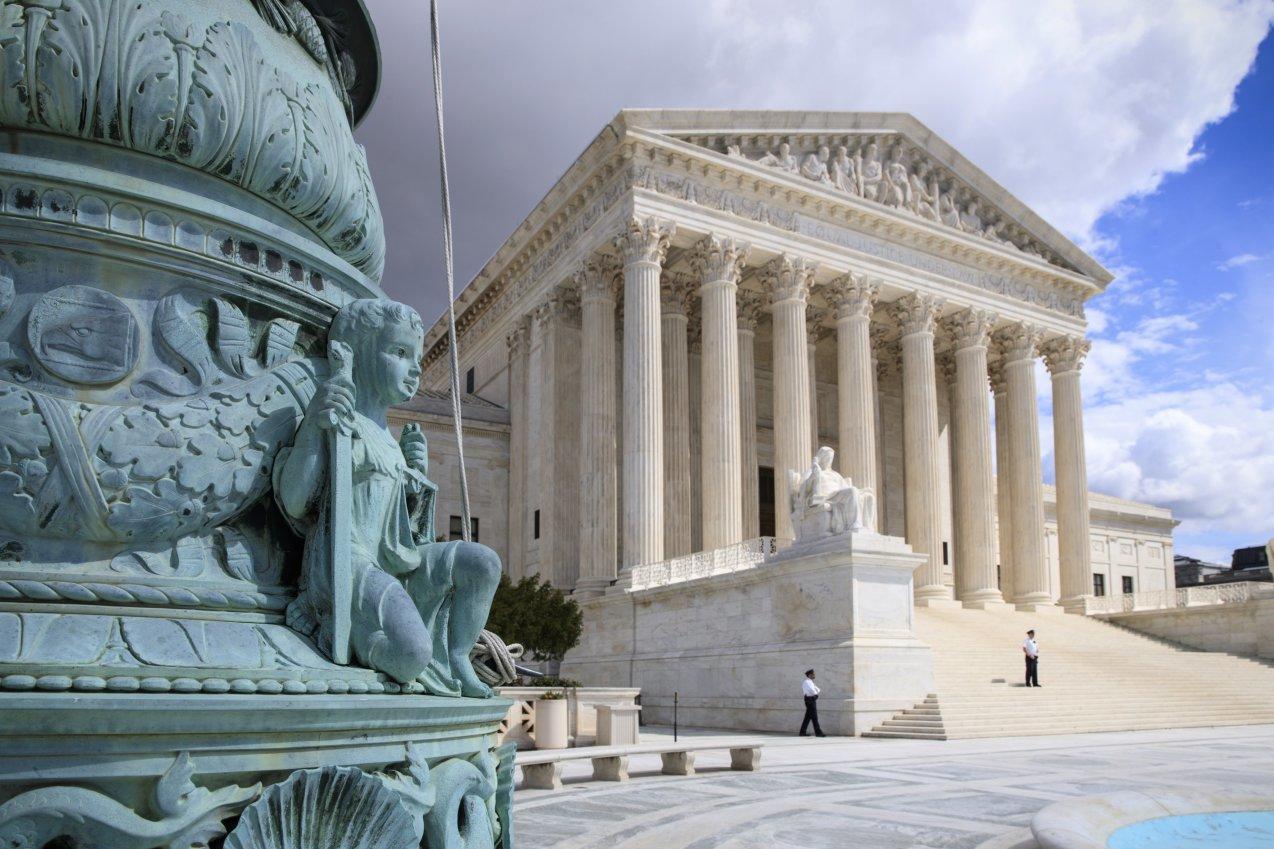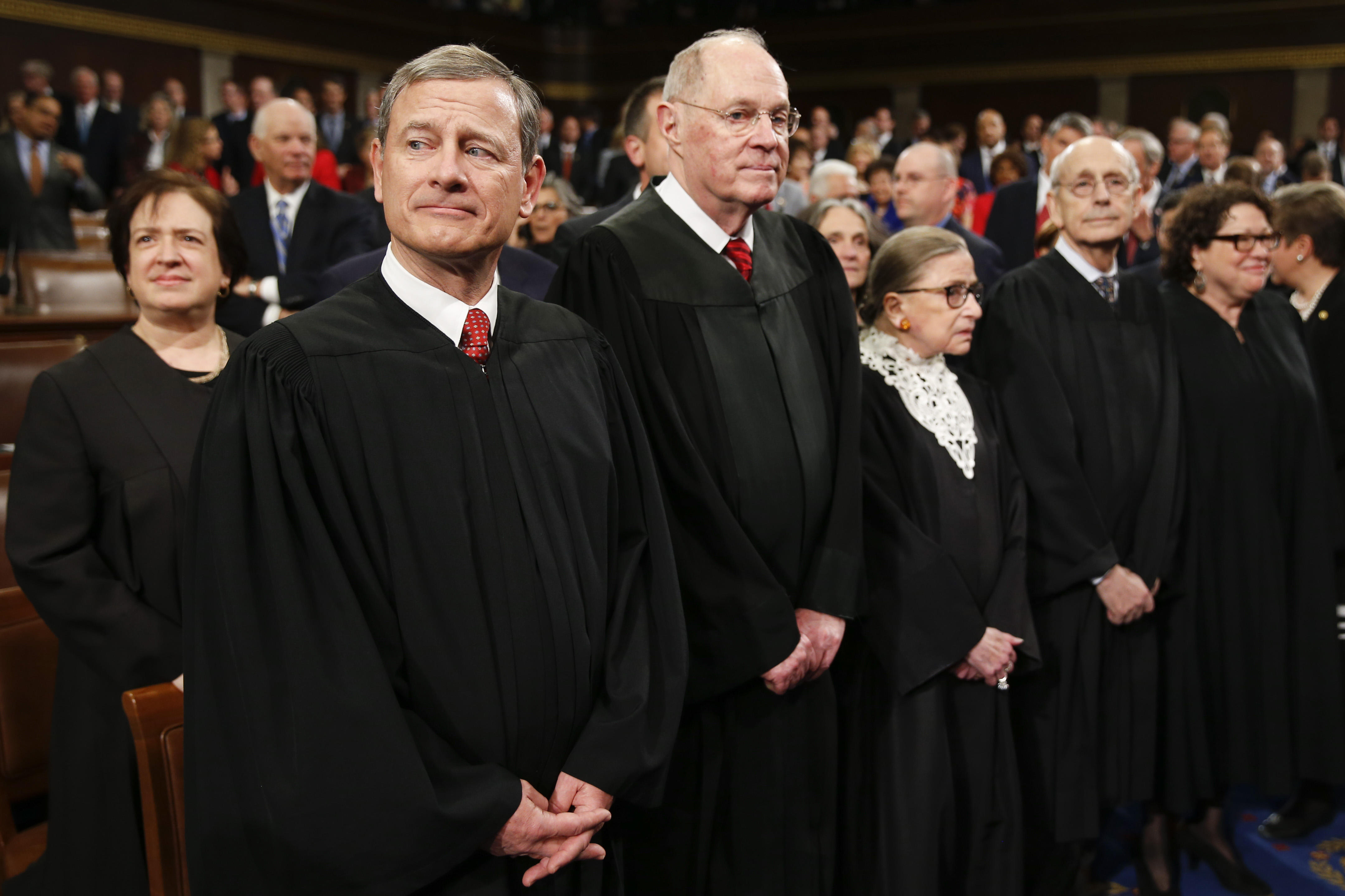- Posted by: Kalani Morse
- News
Individual Employee Grumbles May No Longer Be Protected by NLRA
Earlier this month, the NLRB reversed recent decisions and ruled that employee protests or complaints voiced in a group meeting would no longer be presumed to be attempts to initiate group action and protected as concerted activity under the NLRA.
The board ruled that a fact-based inquiry must first consider all evidence, rather than presuming NLRA protection.













